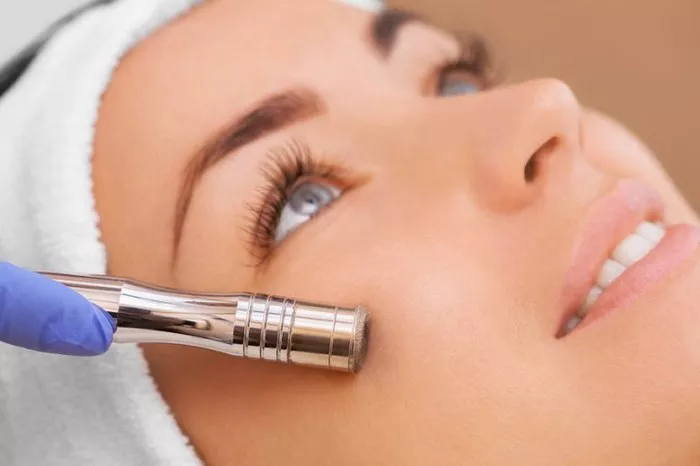Rhinoplasty remains a popular cosmetic surgical procedure, with the American Society of Plastic Surgeons reporting 44,503 procedures in 2022 alone, comprising 86 percent of all cosmetic facial surgeries that year. However, discussions around post-operative care, particularly the use of nose taping, have resurfaced following a viral TikTok video, prompting insights from facial plastic surgeons.
The efficacy of nose taping post-rhinoplasty remains a topic of debate among experts. While some advocate for its benefits in reducing swelling and providing structural support, others caution against potential risks and argue for alternative approaches to post-operative care.
Facial plastic surgeon Kimberly J. Lee, MD, based in Beverly Hills, CA, highlights the potential advantages of nose taping, citing its role in mitigating swelling and stabilizing nasal structures during the early stages of healing. Conversely, Stanford, CA-based surgeon Sam P. Most, MD, expresses skepticism about the practice, citing concerns about its long-term efficacy and the potential for adverse effects if not performed correctly.
The duration of nose taping varies depending on individual factors such as skin thickness and the extent of swelling post-surgery. Dr. Lee advises caution in prolonging taping to avoid interfering with the natural healing process, while Dr. Jill L. Hessler, MD, from Palo Alto, CA, suggests its potential benefits for patients with thicker skin experiencing prolonged swelling.
Regarding air travel post-rhinoplasty, Dr. Lee warns of the exacerbation of swelling due to changes in cabin pressure and altitude, highlighting the potential utility of nose taping in providing stability during flights. Conversely, Dr. Most recommends delaying air travel for at least 10 days post-surgery to minimize risks of complications such as nosebleeds.
It is crucial to note that nose taping is not intended to permanently alter the nose’s shape. However, improper taping techniques may inadvertently impact surgical outcomes, as cautioned by Dr. Most.
For patients considering rhinoplasty, consulting with their surgeon to develop a tailored post-operative care plan is paramount to ensuring a smooth recovery and optimal results. Clear communication and adherence to professional guidance are essential in navigating the complexities of post-rhinoplasty care.


